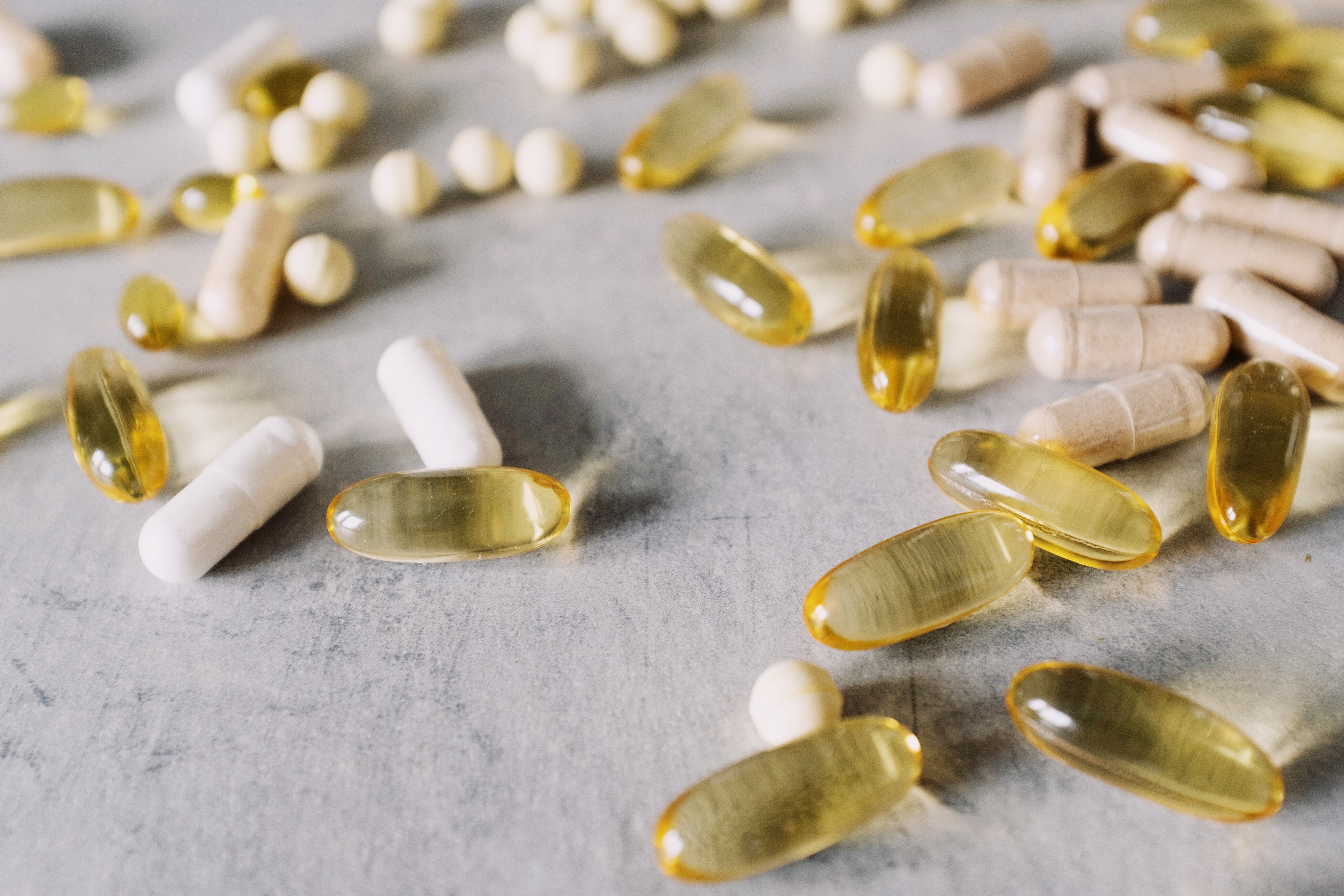Fluidized bed coaters are a specialized piece of pharmaceutical equipment used in the production of tablets and capsules. They are designed to evenly coat the surface of tablets or capsules with a variety of materials, such as sugar, waxes, polymers, and more. In this blog post, we’ll explore the basics of fluidized bed coater technology and its applications in the pharmaceutical industry.
What Is a Fluidized Bed Coater?
A fluidized bed coater is essentially an automated machine that coats pharmaceutical products with a thin layer of material. It works by suspending particles (or granules) in the air using air pressure, which creates an even distribution of particles across the product's surface. This process helps ensure uniform coating on the product's surface and improves product quality. Additionally, it allows for precise control over the thickness of the coating layer.
Fluidized bed coaters can be used to coat tablets or capsules with various materials, such as sugar, waxes, polymers, and other substances that can improve tablet dissolution time or mask unpleasant tastes or odors. The process also helps protect sensitive ingredients from environmental conditions and gives manufacturers greater flexibility when it comes to designing dosage forms for their products.
How Does a Fluidized Bed Coater Work?
The operation of a fluidized bed coater is relatively simple. A hopper filled with dry granules is placed above a perforated plate known as a "fluidizing chamber". A stream of pressurized air is then directed into the hopper from below, causing the granules to become suspended in air (hence its name). The particles are then released into an enclosed chamber where they are evenly distributed over the surface of any tablet or capsule present. Finally, a suction system removes excess powder from the chamber before it reaches its destination point at the bottom of the unit.
Fluidized bed coaters offer significant advantages to manufacturers in terms of product quality and consistency. By providing precise control over coating thickness and uniform distribution on tablet surfaces, these machines help ensure optimal drug delivery for end-users while also reducing costs associated with waste material due to uneven coating layers. As such, fluidized bed coaters remain one of the most popular pieces of pharmaceutical equipment on today’s market—and their popularity only continues to grow!






